How Prime Video's ‘The Boys’ Differs from the Comics
When a show is adapted from a book or a different movie, a few changes must occur due to the disparities in time, characters, or creators.
Prime Video's The Boys wasn't left behind either; the series is Darick Robertson and Garth Ennis's adaptation of a comic book of the same title. These changes make the adaptation more captivating to the audience than its mother source.
Our article sees the significant differences between the characters of the comic and those of the TV series.
Let's get started!

Black Noir
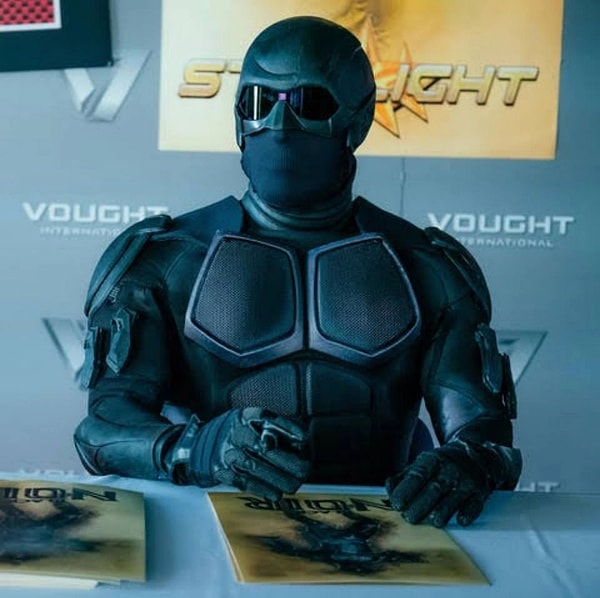
The series presents little information regarding Black Noir's identity, unlike in the comics, which makes him a clone of Homelander, possessing his powers and looks. Noir has a frightening side and is even more dangerous than Homelander.
Also, Prime Video's The Boys has Noir's identity as Black and not a clone and doesn't mention his relationship with Homelander.
We clearly can't tell the extent of Noir's powers from the series, unlike the series, which compares him to the Seven's group leader.
The Boys' Superpowers
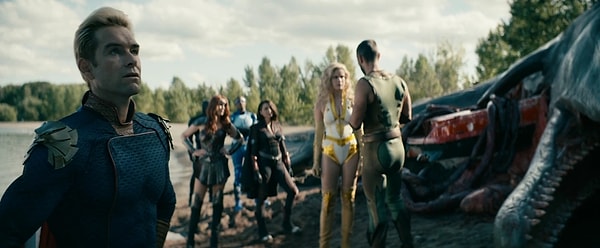
One of the most notable differences between Prime Video's adaptation and the comics is The Boy's superpowers. The comic book presents them where The Boys use Compound V powers to manage their fighting chances with The Sevens. The Boys from the comics have dangerous powers as a protection tool for both good and evil.
The TV series displays The Boys as ordinary creatures who depend on guerrilla tactics for survival; mighty powers are slightly ineffective. It's the lack of superpowers than kept The Boys as humans.
Reconstruction of the Characters and their Stories
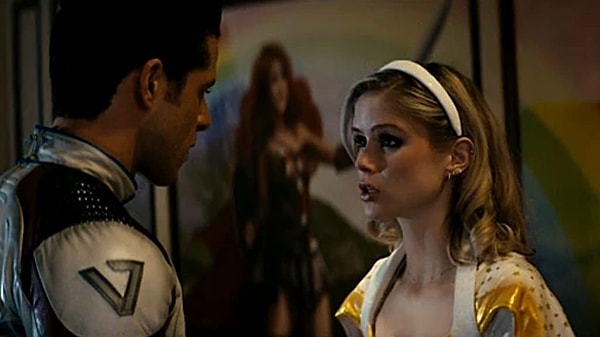
When adapting comics to TV shows, characters' and stories' transformations are inevitable. Prime Video’s The Boys is no diferent. For instance, Black Noir is no longer Homelander's clone, unlike in the comics, which had him as Homelander's evil identity clone.
Homelander is now responsible for his deeds making him more dangerous after he chooses to become a monster.
The series presents Homelander as spoiled, entitled, and driven by the need for love, although he's more proactive than in the comics.
Additionally, Kimiko is now a lab creation and not a child soldier. We get to see a new narrative path for the characters, although some retain their personalities as in the comics.
Hughie Campbell
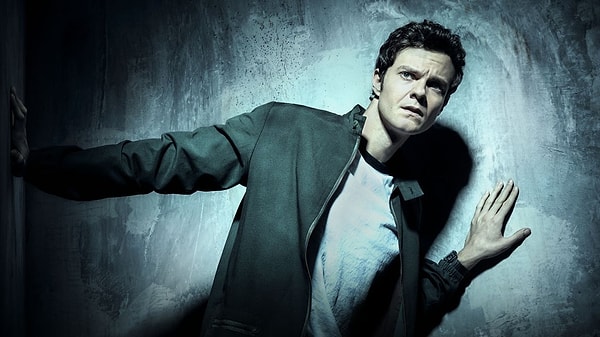
Hughie Campbell from the comics differs from that of the adaptation for his unmatchable confidence. While he couldn't even face Butcher in the comics, the series has him as an outstanding assertive character. Although he might still suffer some intimidation in the series, at least it's not like in the comics.
Hughie's confidence works well for him in the series prompting people to adore his transformation as it proves to be of help, although he's still a dumb head sometimes.
The Deep
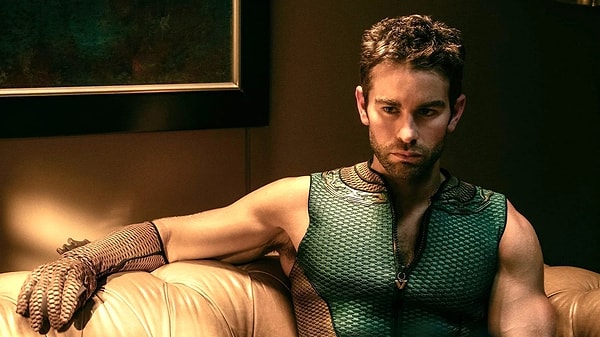
The comics barely feature The Deep; he was an irrelevant member of the leading superhero team.
Prime Video's The Boys present him as a disgraceful member despite his efforts to get back to the team. While we didn't even know The Deep's strengths and costume were hilarious, the show at least gives him a better outfit and brings out his personality.
Starlight
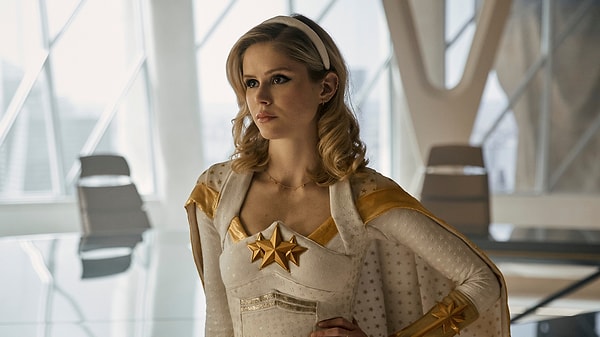
Another notable change is about Starlight. The series features her as more empowering than she was in the comics after assisting The Boys in uncovering the secrets behind V International's past.
Starlight even risks her life to get the crew the crucial evidence, not forgetting how much she stood out for them during fights.
Starlight from the comics was far from becoming strong; she had to face plenty of abuse before she could present herself to The Boys.
Even worse, Homelander nearly murdered her while Hughie kept assaulting her. Thanks to Erin Moriarty, we now have a different look at Starlight.
Billy Butcher

The Boys' comics highly worship Billy Butcher, even after trying to prove that he was as evil as those he hated. He is ultimately proven necessary and proper even after the comics display him as manipulative, self-righteous, and an evil character.
Prime Video's series, on the other side, is less concerned with Butcher's glory. Although his inhumanity slightly bears some outcomes, the series mainly portrays him as a lonely character in search of allies for no reward.
Ryan's Development
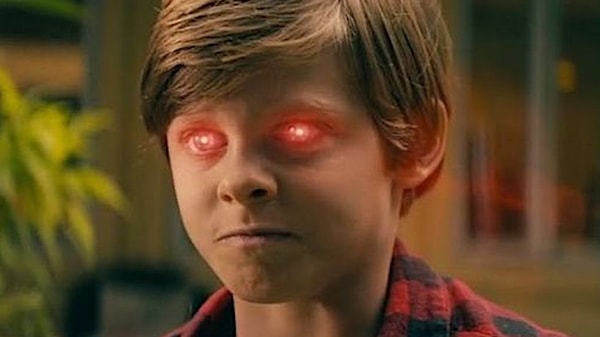
Ryan marks a significant difference between the comics and the adaptation, where he develops to be Homelander's son. He barely exists in the comic book after he is killed by Billy Butcher soon after he is born.
Amazon Prime Video's The Boys doesn't murder him but develops him into a strong young boy with fantastic potential. The powers lead to unanticipated character developments for Homelander, which is more complicated in the TV series than in the comics.
Keşfet ile ziyaret ettiğin tüm kategorileri tek akışta gör!

Send Comment